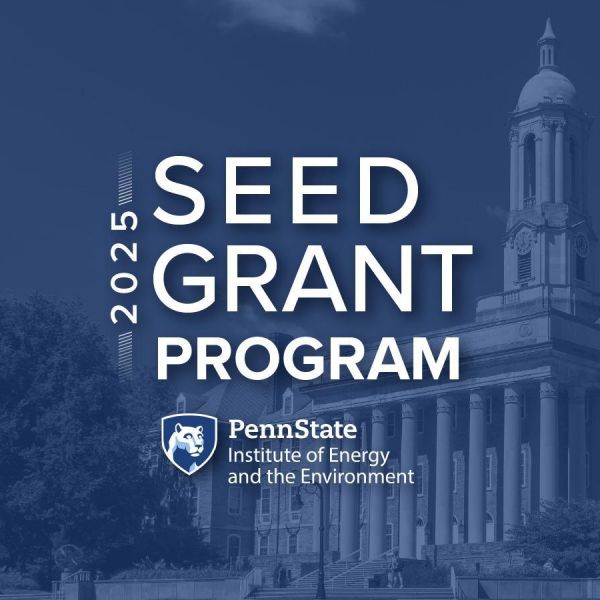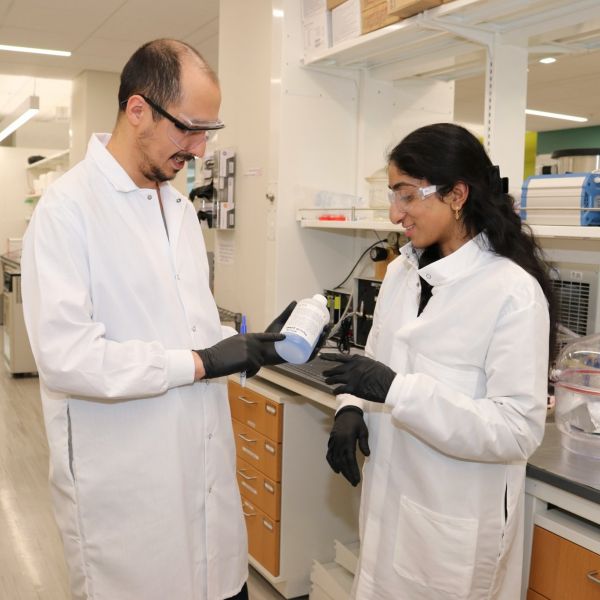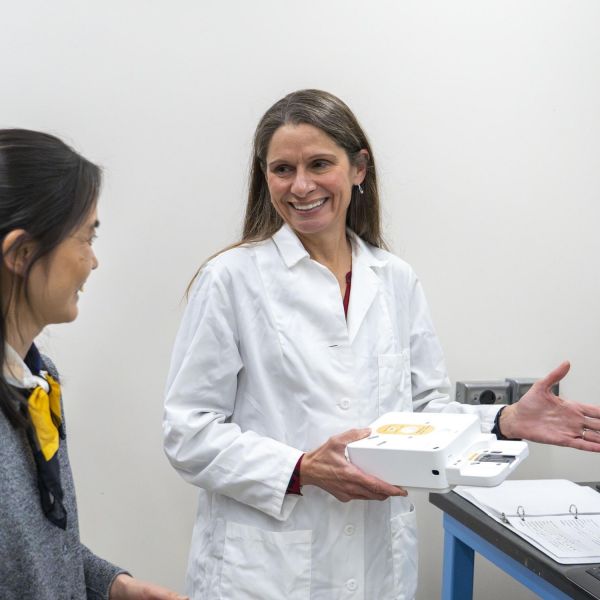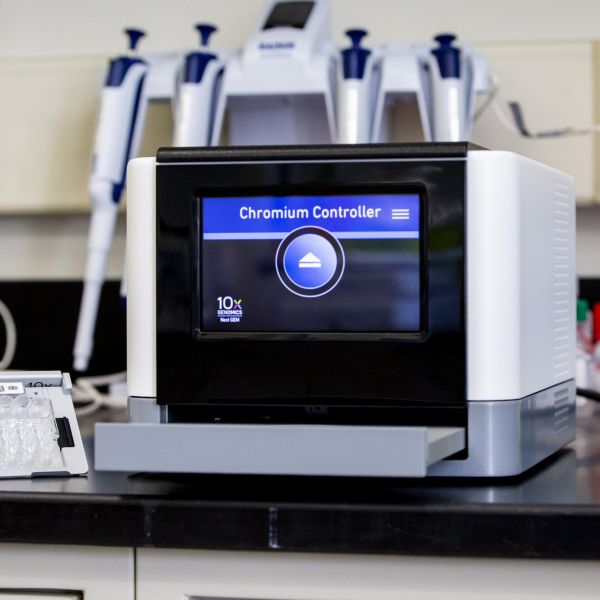News

Jan 16, 2026
New genomics, metabolomics instruments added to Huck facilities
Recently acquired scientific instruments have enhanced the research capabilities of two Huck facilities.
Full Article

Dec 17, 2025
Opposing forces in cells could hold clues to treating disease
A newly revealed molecular tug-of-war may have implications for better understanding how a multitude of diseases and disorders — including cancers, neurodegenerative diseases and immune disorders — originate, as well as how to potentially treat them, according to researchers at Penn State.
Full Article

Oct 28, 2025
Modern methods in biological research course to be offered in spring 2026
Huck Institutes of the Life Sciences core facilities are offering a new course for spring 2026, Modern Methods in Biological Research, for upper-level undergraduate students and graduate students studying in the life sciences.
Full Article

Oct 06, 2025
Core facilities open house welcomes new researchers
More than 120 researchers attended the first-ever Huck Core Facilities Open House last month, which featured informational posters, opportunities to talk with facilities staff, and even some interactive demonstrations.
Full Article

Sep 16, 2025
September open house to showcase Huck Institutes instrumentation facilities
The Huck Institutes of the Life Sciences will host an open house event on Wednesday, Sept. 24, to advertise the high-tech instrumentation and expert consulting services available in its 11 core facilities.
Full Article

Jun 24, 2025
Ten interdisciplinary research teams awarded IEE seed grants
Ten interdisciplinary research teams have received funding through the Institute of Energy and the Environment’s (IEE) 2025 Seed Grant Program.
Full Article

Feb 11, 2025
Sustainable Labs Program increases participant engagement, welcomes new labs
Two upcoming virtual sessions will cover how labs can learn more and join next year’s cohort.
Full Article

Jul 30, 2024
Craig Praul named director of Huck Core Facilities
Joining Praul on the new leadership team are Rajeswaran Mani, director of the Flow Cytometry Facility, and financial specialist Kelly Foster.
Full Article

Oct 31, 2023
Genomics Research Incubator expands assay and training options for scientists
The Genomics Core Facility technology allows researchers to process genetic material much quicker and in larger quantities, producing more detailed data for more in-depth analyzes.
Full Article

Dec 18, 2020
Genomics Core Unveils New Capabilities
A new machine and set of reagents recently acquired by the Genomics Core Facility will enable researchers to go beyond bulk gene expression.
Full Article